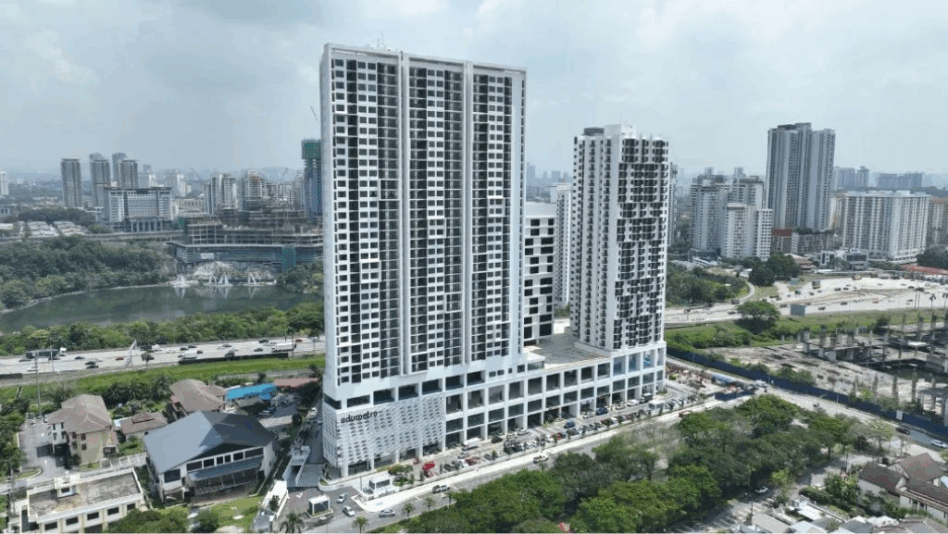By Chee Jo-Ey
A popular general rule of thumb when it comes to investing is to buy low and sell high.
Hence, one can’t help but wonder if investors should take advantage of the recent market fall and purchase some quality stocks that would otherwise have quite a hefty price tag on them.
Concerns over the Covid-19 outbreak and weakening global oil prices have sent investors flocking towards safe-haven assets.
Covid-19 concerns had sent prices of gold futures on Bursa Malaysia Derivatives through the roof, surpassing RM220 per gramme last month. So, perhaps it’s not such a great time to buy the already highly priced asset.
The market has always had its swings and the coronavirus outbreak is a temporary situation that will blow over. No one feels compelled to jump in when the market is in the red but whether one should do so is another question altogether.
Affin Hwang Asset Management portfolio manager Lim Chia Wei said it is difficult to tell if the market has bottomed out.
“Investors may be tempted to react impulsively as markets have fallen due to coronavirus jitters. But, it is extremely difficult to time market conditions and if indeed the market has bottomed out.
“It does make sense to buy selected stocks that have fallen a lot and have become cheap due to Covid-19. However, one should ensure that these are stocks which investors are comfortable holding on for the long term. We don’t agree that investors should chase some of the healthcare stocks which are already expensive.
“Once the Covid-19 contagion recedes, there will be very little impact to long-term investment decisions and fundamentals. As such, we don’t advise doing much on the back of Covid-19. It is crucial that investors stick to their asset allocation and stay prudent in this current volatile landscape. Investors who remain disciplined in their approach by investing consistently and stick to their long-term asset allocation would eventually reap the benefits and fare better overall.”
Bursa Malaysia’s benchmark index had slipped to a record nine-year low on March 2 as a result of political turmoil and external factors.FSMOne analyst
Shawn Low Tian Hao said: “Due to the Covid-19 outbreak, disappointing 2019 gross domestic product figure, instability in the local political scene as well as the recent sharp fall in oil prices, the KLCI has fallen 9.4% on a year-to-date basis. While we believe the selloff could present itself to be an attractive investment opportunity, we opine that opportunities are skewed towards the local small-cap sector instead of the large-cap (blue chip counters).”
In addition, oil prices had fallen more than 20% following the failure of the Organisation of Petroleum Exporting Countries (OPEC) and Russia to come to an agreement on cutting oil production.
“We view the recent moves in oil price largely as a result of a self-induced supply shock rather than a sudden collapse of demand which is more detrimental to the economy. Viewed through a wider geopolitical lens, the move by Russia is also seen as a strategy to weaken US shale players and hurt its economy beyond just gaining market share. So, we expect further pain ahead for oil markets before any OPEC countries can be brought back to the negotiation table,” Affin Hwang’s Lim said.
“In the late stage of the economic cycle, we think investors can benefit from a two-pronged strategy towards positioning their portfolios. At one end, they might consider tilting their portfolio towards dividend anchors that would provide a buffer to the portfolio via a mix of cyclical and stable dividend payers.
“They can maintain liquid and high quality stocks that have the potential for structural growth. These companies will provide a measure of stability as they tend to hold up well during a market decline and be steady compounders,” Lim added.
“In response to the Covid-19 outbreak, Bank Negara Malaysia (BNM) has reduced the overnight policy rate twice this year to 2.5% which is expected to cause a net interest margin compression in the banking sector. Given that the financial sector represents more than 30% of the KLCI index, any upside potential towards the large cap could be capped. Furthermore, the local political uncertainties could also damper any foreign interest into the Malaysian market, as indicated by the RM3.4 bil outflows in foreign funds so far in 2020.
“On the other hand, the local small-cap companies look to have more tailwinds behind them. For example, the construction and technology sectors are beneficiaries of the continuation of infrastructure projects as well as Malaysia’s initiatives to prepare for Industry 4.0. Coupled with a bleak picture for the ringgit against the greenback, the technology players could stand to benefit from a recovery in exports and global aggregate demand post Covid-19,” FSMOne’s Low added.
“All in all, volatility is expected to stay over the short term, especially if Covid-19’s impact lasted longer than expected. However, should the situation recover over the longer term, we could see more attractive upsides in sectors within the local small-cap space given the tailwinds at current juncture such as accommodative policies, weaker ringgit outlook, and a recovery in exports.” – March 11, 2020









